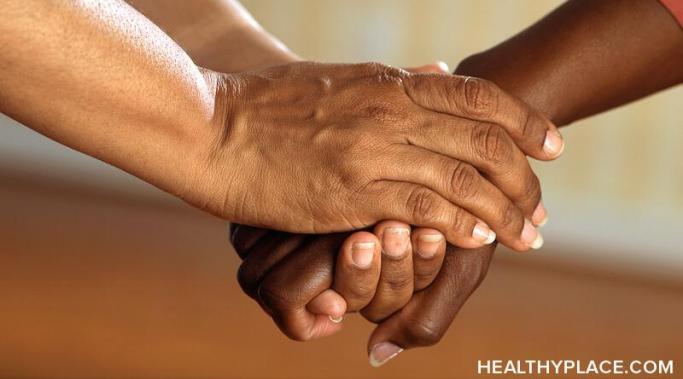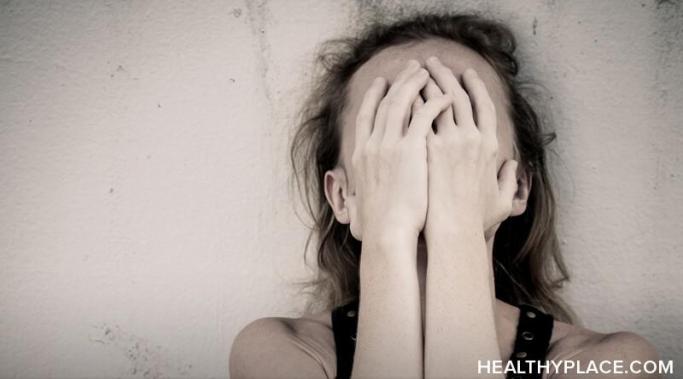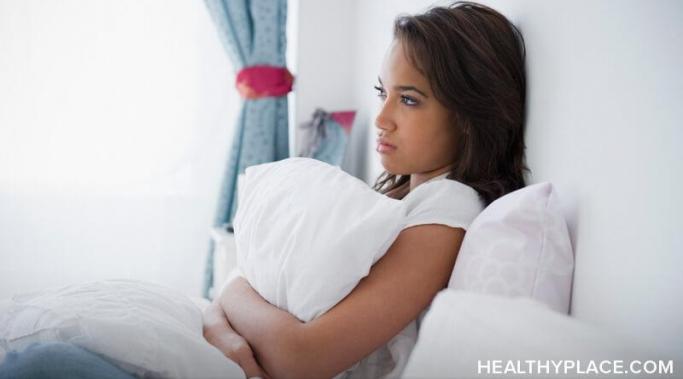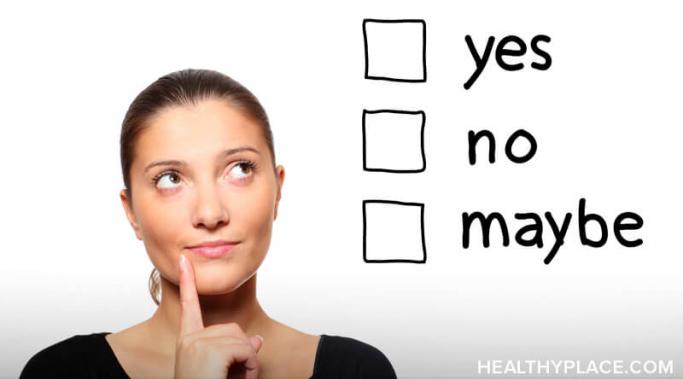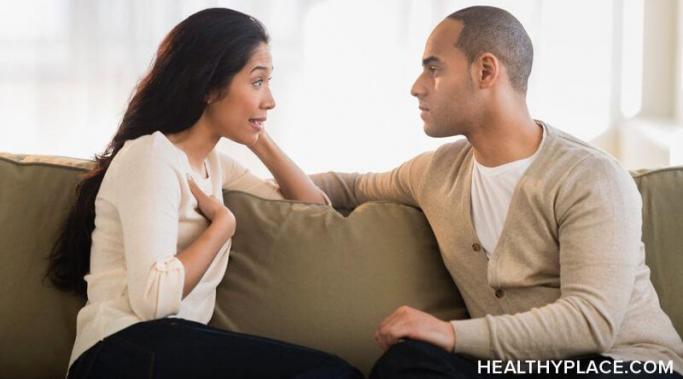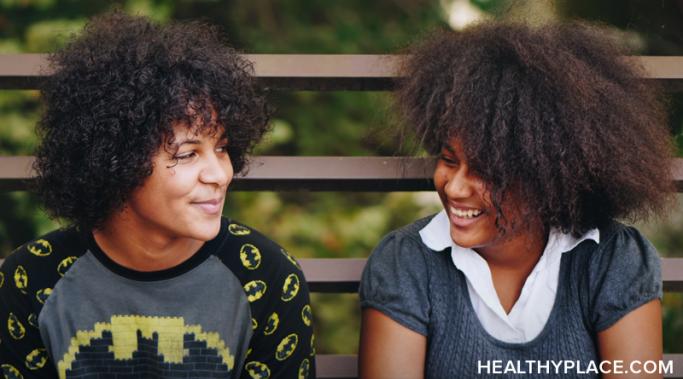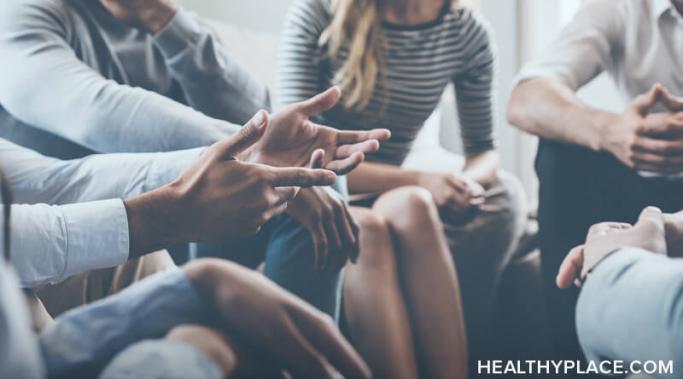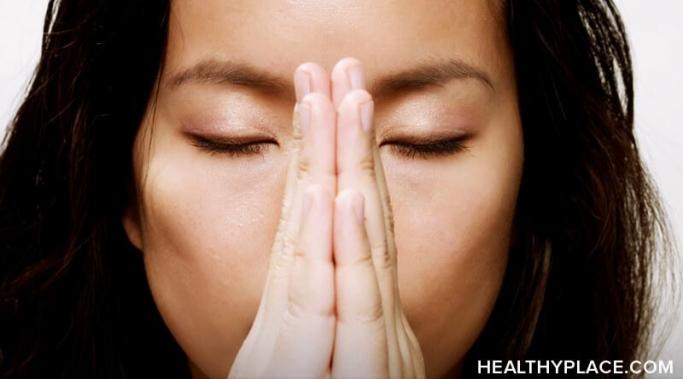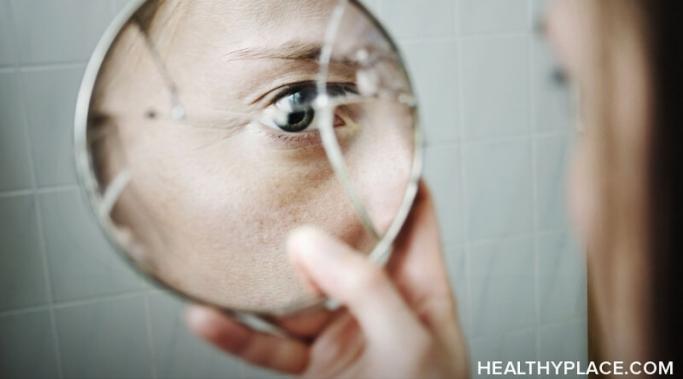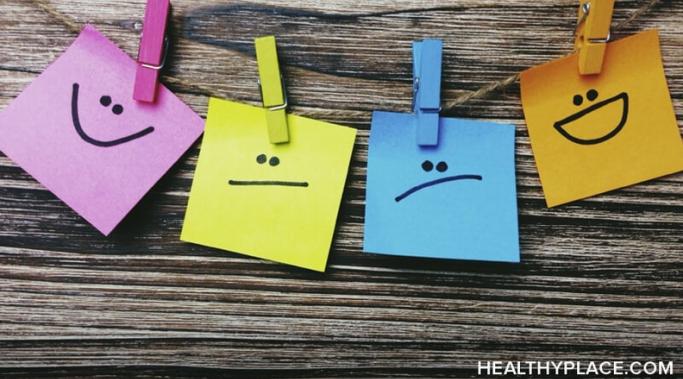I know it can be hard to believe sometimes, but needing help with eating disorder (ED) recovery is not a sign of weakness. It's one of the bravest actions you can take. Internalized fears or anxieties might whisper in your ear that asking for help means you are a failure, a burden, or a lost cause. But I hope you can trust me on this: Those inner voices aren't telling you the truth. It's okay to need help with ED recovery.
In my own experience, healing is intensive, painful, and humbling work. No one I've met (including myself) has been able to successfully pursue it alone. So, if you could use an extra boost of care, support, advice, or encouragement, don't allow fear to intimidate you from reaching out. I promise needing help with ED recovery is not a sign of weakness.
Disclosing Eating Disorders
I tend to be much more transparent and vulnerable online than I am in daily face-to-face interactions. When someone I know in real life inquires about my fitness or nutrition habits (because, to the surprise of no one, this is a body-conscious culture), I notice my cheeks start to flush, and I choose the vaguest answer possible. That reaction strikes me as curious, though. Why am I still embarrassed about my eating disorder after all these years?
I talk about eating disorder recovery all the time. You might call them healing conversations. I unpack the layers and nuances of it with my therapist. I excitedly share these revelations with my partner once the session is over. I journal about what I'm learning in the process. Then I pass on those lessons to the younger women I mentor, who deal with similar experiences of their own.
I have a few tattoos that symbolize the path I walked to heal from an eating disorder (ED). Some are more recognizable than others, but all of them are meaningful to me. However, with that being said, I've recently started to think twice before I discuss these ED recovery tattoos with acquaintances—or even friends—who ask about them.
Disclosing an eating disorder can be uncomfortable—even downright scary. In fact, research shows the prevalence of those who suffer from eating disorders is vastly underrepresented. A 2019 estimate from the Global Burden of Diseases reveals that as many as 41.9 million eating disorder cases were unreported over the course of just one year.
I am an identical twin. For most of my childhood, I was viewed as one-half of a package deal. In fact, my sister and I resemble each other so strongly that, as small children, my mom painted our toenails two contrasting colors just to tell us apart. We were known as The Twins, a source of fascination to those around us. I rarely encountered other sets of identical twins in those formative years—until my first experience at a residential eating disorder treatment facility. Twins were not uncommon there, which has me wondering: Is there a connection between eating disorders and twin dynamics?
Is there a right time to share your eating disorder story? And if so, when do you know the time is right? I have been thinking about these questions lately with regard to my own eating disorder story. A few months ago, I heard vulnerability researcher Brené Brown state in a podcast interview, "If there is a part of my story that I feel compelled to seek external validation for, then I am not ready to talk about it publicly."
When I reflect on some of the bravest people I know, those who are in eating disorder recovery often come to mind. That's because the pursuit of eating disorder recovery is courageous. It can be scary to take the steps into a new way of life apart from this illness, but the decision to move toward healing is also incredibly brave.
The suicidal thoughts that plagued my mind in the throes of my eating disorder recovery were expected. I hated my body. I hated myself. I hated my life and the society in which I lived that kept telling me I was not enough. One thing I did not expect was to still feel suicidal thoughts during my eating disorder recovery. (Note: This post contains a trigger warning.)
Before offering my advice, most loved of those in eating disorder recovery want to know how they can help, but understandably, people aren't always sure where to go for it. In this video, I talk about the one thing that well-meaning, but misguided, loved ones would do that has undercut my confidence in recovery.
